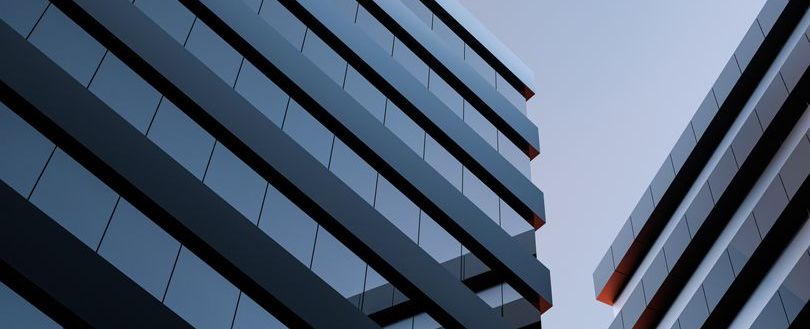
Make sprinklers mandatory in all public buildings, RIAS urges after fatal hotel fire
Like it? Share it!
13 January 2023
The fatal accident inquiry into the fire recommended the Scottish government consider making the installation of active fire suppression systems such as sprinklers compulsory in historic buildings converted into hotels.
But the RIAS believes the recommendation should be taken further and applied to all buildings used by the general public.
Richard Dyson, 38, and Simon Midgley, 32, died when a blaze broke out at the luxury Cameron House Hotel near Loch Lomond in December 2017 after the hotel's night porter put hot ashes in a plastic bag containing newspapers and kindling in a cupboard.
There had been no sprinklers in the building, which dates to the 1800s. Giving evidence at the inquiry, the Scottish fire and rescue service said it would have been reasonable for the hotel to have sprinklers. The hotel’s operators said the building’s age made this impractical, although they have since installed them.
Responding to the inquiry, the RIAS called the men’s deaths ‘entirely preventable’. The organisation said it ‘believes sprinklers save lives, and that the time has come for the Scottish government to legislate for the retrospective installation of sprinkler systems in all buildings used by the general public.’
It added that, though historic buildings like Cameron House Hotel, could have ‘complexities and technicalities’ that would need to be overcome, these would be ‘outweighed by [the] potential safety benefits’.
And it said: ‘Our position is clear: there should be no legislative, financial or technical obstacles to ensuring public safety.’ The corporation offered its help to the Scottish government in overcoming any technical issues.
Dyson and Midgley died from smoke and fire gas inhalation in the blaze, which spread rapidly through the hotel, probably via hidden voids. The remaining 200 guests escaped to safety, although three were hospitalised.
Evidence given by architect Peter Drummond to the inquiry found that a sprinkler system would ‘significantly slow the spread of flame and would extend the margin of safety for available escape time’.
The Crown argued that it was ‘a real or likely possibility that, had the sprinklers been installed and worked to inhibit the extent and spread of the fire and smoke, [Dyson and Midgley] would, like other guests, have been able safely to escape the building.’
Leading the inquiry, sheriff Thomas McCartney concluded that installing sprinklers was a precaution that ‘could reasonably have been taken and which had it been taken might realistically have resulted in the deaths of Dyson and Midgley being avoided’.
He called for the Scottish government to ‘consider introducing for future conversions of historic buildings to be used as hotel accommodation a requirement to have active fire suppression systems installed’.
McCartney added that if it were impractical for a building to be fitted with sprinklers given its age, the building might simply be unsuitable for conversion into a hotel.
He also recommended that the Scottish government explore the fire risks posed by historic buildings because of their age, varying quality of workmanship and the fact they may not meet current building standards.
Other recommendations included having a proper system for disposing of hot ash from fires, and ‘robust arrangements’ to make sure all guests are accounted for in an evacuation.
Hotel staff did not realise Midgley and Dyson were missing for nearly an hour and a half after the fire broke out, with staff struggling to find a guest list to hold a roll call.
The Scottish government said it was considering the report and would respond ‘in due course’.
Cameron House Resort (Loch Lomond), which operates the hotel, has already been fined £500,000 after admitting two charges of breaching the Fire (Scotland) Act 2005. The night porter was given a community payback order for breaking health and safety laws.
The hotel has since reopened with improved fire safety systems, including a sprinkler system, alongside intensive staff training, according to reports.
Our eNews provides regular insight into industry trends, news headlines, and product and service information. For news articles parallel to those mentioned above, sign up for our eNews. Click here to sign up: Subscribe to our enews (fia.uk.com)
Related training
Related news
-
Fire Enforcement Notices Served on Hinkley Point C Contractors
25 February 2026
-
Fire Chiefs Welcome Stronger Government Funding Settlement
13 February 2026
-
Record Rise in E-Bike and E-Scooter Fires Across London
28 January 2026
